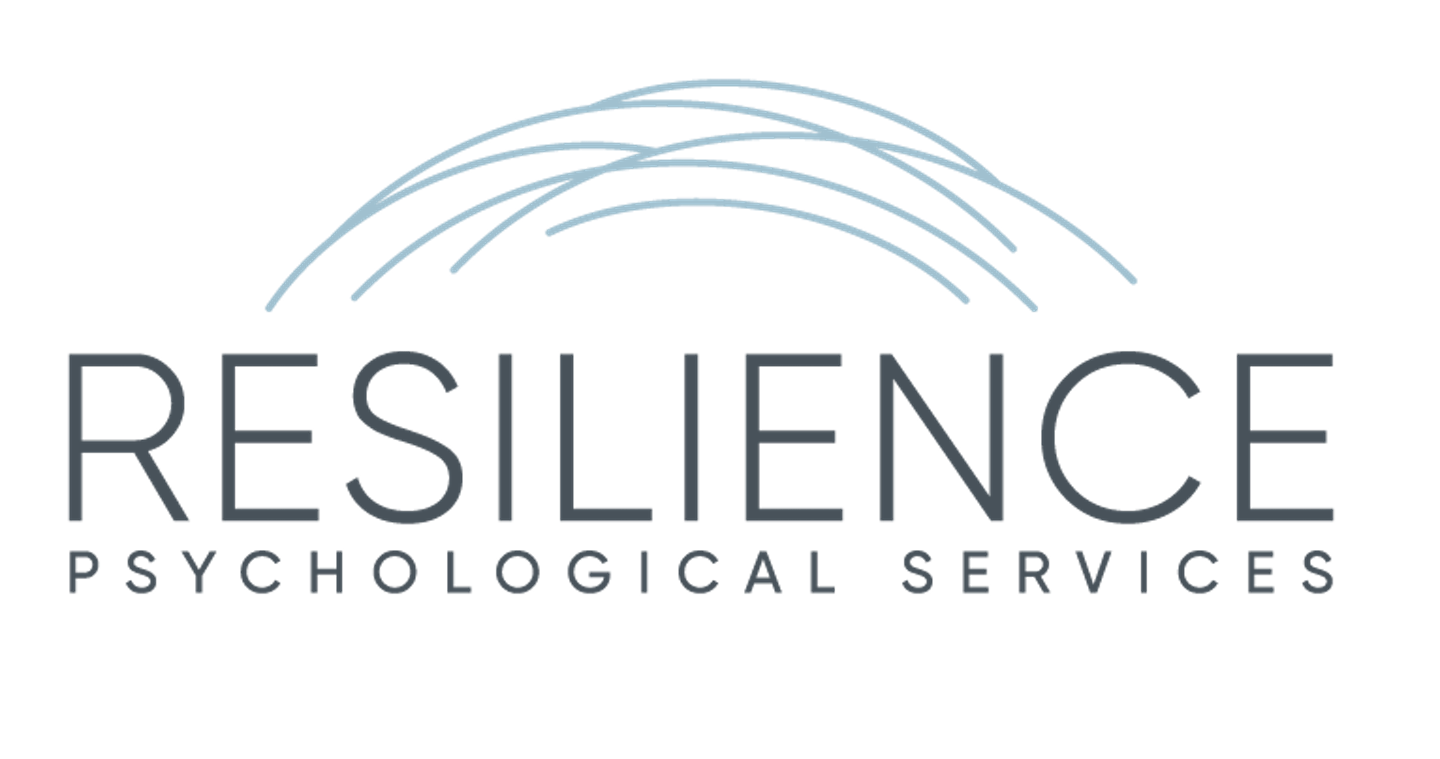What is codependency?
Codependency refers to a relationship pattern where one person excessively relies on another for emotional, psychological, or physical needs, often to the detriment of their own well-being. Codependent individuals may struggle with setting boundaries, have difficulty saying “no,” and may prioritize others’ needs over their own. These behaviors can lead to feelings of resentment, burnout, and emotional exhaustion.
While codependency often stems from early life experiences, it can affect both romantic relationships and non-romantic connections with family, friends, or coworkers. Breaking free from these patterns requires a deep understanding of the behaviors, boundaries, and self-worth.
Codependency involves an unhealthy reliance on another person, where one individual seeks validation or a sense of identity through taking care of someone else. This dynamic can perpetuate cycles of control, guilt, or manipulation in relationships. Codependent individuals often:
Codependency often leads to imbalanced relationships, where one partner feels responsible for the other’s well-being. This can create a cycle of control, where the codependent person tries to “fix” or manage the other’s emotions or behavior, ultimately neglecting their own needs. Over time, codependency can cause resentment, emotional exhaustion, and a loss of personal identity.
How We Can Help
At Resilience, we specialize in helping individuals break free from the patterns of codependency and build healthier, more balanced relationships. Through therapy, you can develop a stronger sense of self, learn to set boundaries, and cultivate self-worth independent of others.
We use evidence-based approaches such as Cognitive Behavioral Therapy (CBT) and Dialectical Behavior Therapy (DBT), to help you understand the root causes of codependent behaviors and create lasting change. Together, we’ll explore your personal history, family dynamics, and current relationship patterns, while helping you develop healthier ways to connect with others.
Codependency doesn’t have to define your relationships or self-worth. With the right support, you can break free from unhealthy patterns and cultivate more fulfilling, balanced connections with others. Contact us for a free consultation and start your journey to healthier relationships and a stronger sense of self.
COMMON SIGNS
Constantly seeking approval or reassurance
Difficulty identifying your own emotions or desires
Difficulty making decisions without input from others
Feeling guilty when asserting boundaries
Fear of being alone or abandoned
Taking responsibility for others’ feelings or problems
Sacrificing your own needs to meet someone else’s
YOU MAY BE EXPERIENCING
Challenges maintaining healthy boundaries
Difficulty asserting your own needs
Emotional exhaustion from taking care of others
Fear of rejection or abandonment
Feeling responsible for others' happiness or well-being
Find it difficult to say no or assert yourself
Low self-esteem or feelings of inadequacy
Overwhelming need to please others
Strong desire to be needed or validated
Struggles with setting personal boundaries



